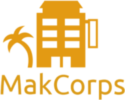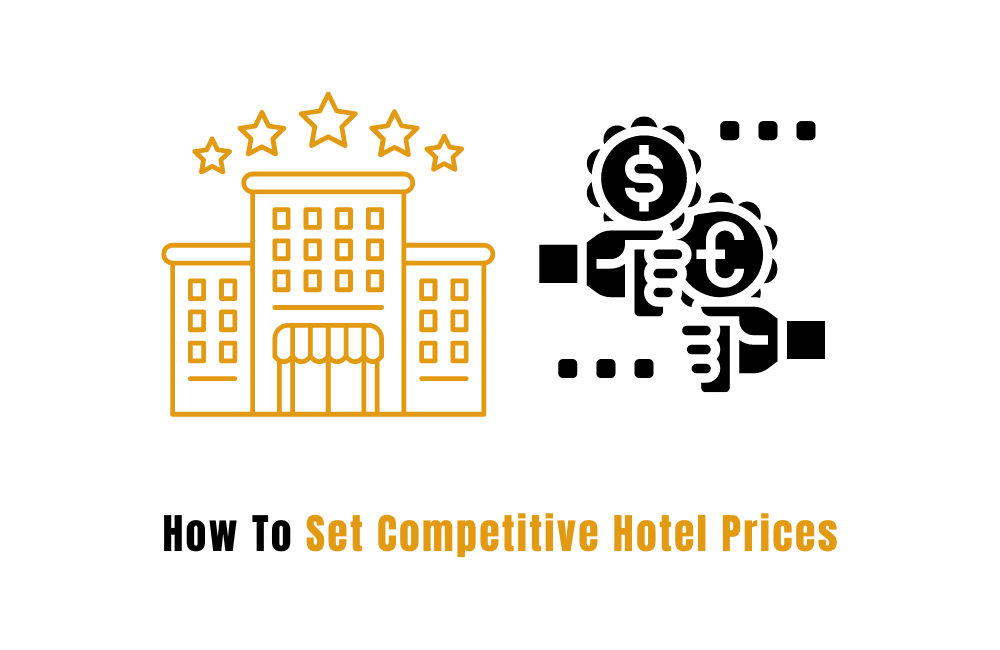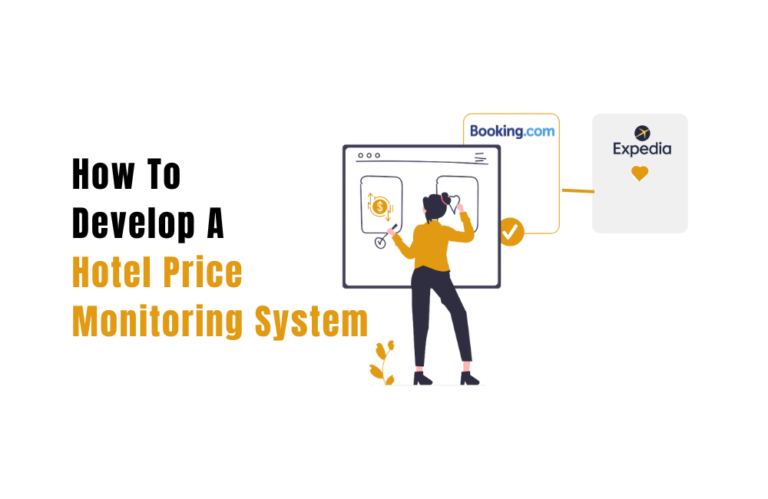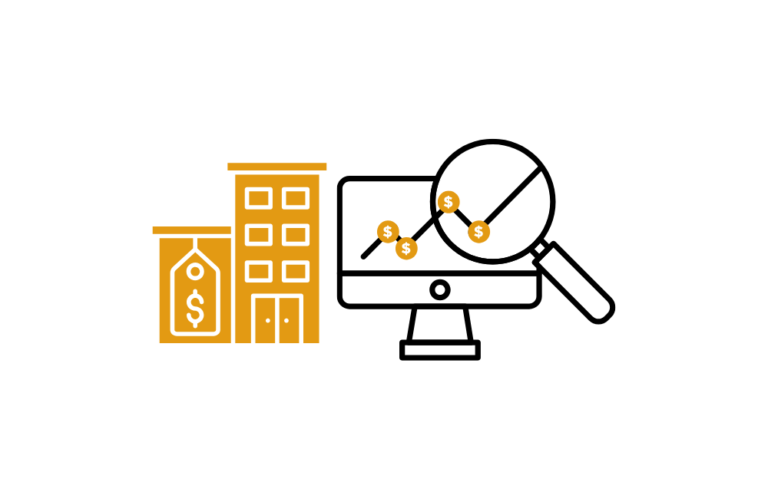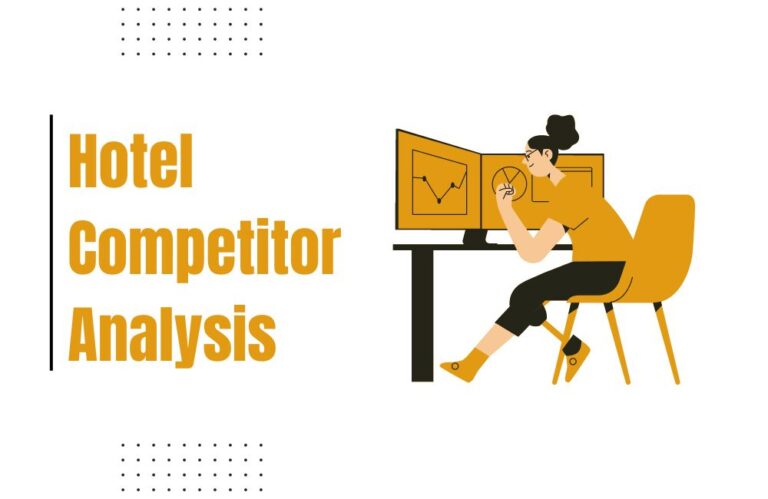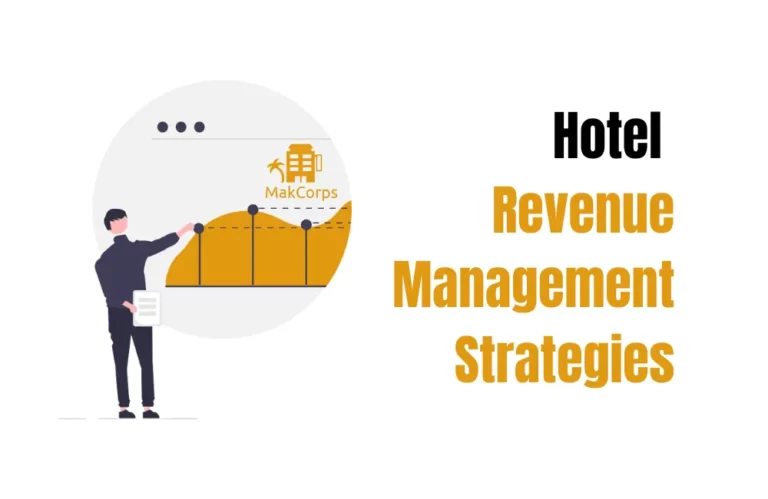How To Set Market Competition-Based Pricing For Hotels?
Hoteliers!
Buckle up, because today we’re going to crack the code of one of the most crucial aspects of running a successful hotel – setting the correct prices.
If you’ve been wrestling with the challenge of setting competitive prices that attract guests while preserving optimum margins, you’ve landed in the right place!
So, are you ready to learn how to set better pricing than your competitors and attract more bookings?
Let’s first check out why competitive hotel pricing matters a lot for hoteliers.
Why Competitive Hotel Pricing Matters?
Here’s the deal – in our bustling hotel marketplace, your pricing strategy can make or break your success.
Setting the price too high may scare away potential guests. On the other hand, if you set it too low, you may not make any profit at all.
Let’s understand it with an example: Imagine a hotel “EconoStay,” that drops its Average Daily Rate (ADR) by 5% below the market average. This results in an influx of budget-conscious travelers which leads to a 20% surge in bookings. So, here is how despite the lower pricing, the increased volume boosts overall revenue which clearly illustrates the potential success of a competitive pricing strategy. Doesn’t it?
So, now you know why setting competitive pricing is important for hoteliers, it’s time to learn how you can set market competition-based pricing for your hotel. But also make sure you choose your competitors set wisely.
Your Step-by-Step Guide to Nailing Competitive Pricing
Alright, let’s roll up our sleeves and dive into a straightforward, step-by-step approach to competitive pricing:
Step 1: Know Your Costs
First up, get a solid understanding of your costs. This includes variable costs such as housekeeping and utilities, and fixed costs like mortgage or property taxes and others. Don’t forget to have your desired profit margin. This will give you a minimum room rate that ensures your hotel stays profitable.
Step 2: Check Out the Competition
Once you’ve got your baseline, it’s time to see what prices the other competitors are offering. For doing this, a tool Makcorps Hotel Price API can be your secret weapon here. It gathers data on the best price offerings from over 200 OTAs including markup prices. So after this competitive analysis of pricing, you’ll have a clear picture of how your rivals are pricing their rooms, and what packages they’re offering.
Intrigued about how the Makcorps Hotel Price API operates?
Explore this informative video for an in-depth look at how you can utilize the MakCorps hotel price comparison API to your advantage.
Step 3: Dive Into Guest Behavior
Next, take a deep dive into your historical booking data. Look for patterns. When do guests typically book? What rooms do they prefer? How far in advance do they book? The answers to these questions will help you tailor your pricing strategy to match your guests’ preferences and behaviors.
Step 4: Embrace Dynamic Pricing
Now, armed with your costs, competitor data, and guest behavior insights, it’s time to roll out your hotel dynamic pricing strategy. Adjust room rates in real-time based on demand, ensuring you’re always hitting the sweet spot between high occupancy and high-profit margins.
An excellent example is a case study on a hotel in Vlieland, Netherlands, showcasing the positive impact of dynamic pricing on demand. For more details, check out this case study by Kool, Westerlaken, and Suleri.
Wanna set up an effective dynamic pricing strategy for your hotel, this hotel dynamic pricing softwares are here to make things easier for you.
Conclusion:
In the competitive landscape of the hotel industry, setting market competition-based pricing is crucial for success.
By analyzing the strategies of competitors, hotels can strategically position themselves to attract and retain customers.
This approach offers several benefits, such as improved revenue, enhanced customer perception, and increased market share.
However, not utilizing competitive pricing can lead to missed opportunities and losing customers to competitors. Stay ahead in the game by tracking your competitor’s prices regularly and setting yours accordingly. Take charge of your hotel’s profitability and drive your success!

Neha Jangid writes for Makcorps, bringing over three years of hands-on experience in the hotel and travel data space. She digs deep into hotel APIs, flight info, and travel tech, turning complex details into easy-to-understand content that actually helps businesses and readers. Neha works closely with hospitality sites and industry experts to stay sharp and share practical insights. Her goal is simple: make travel data useful, not confusing.
